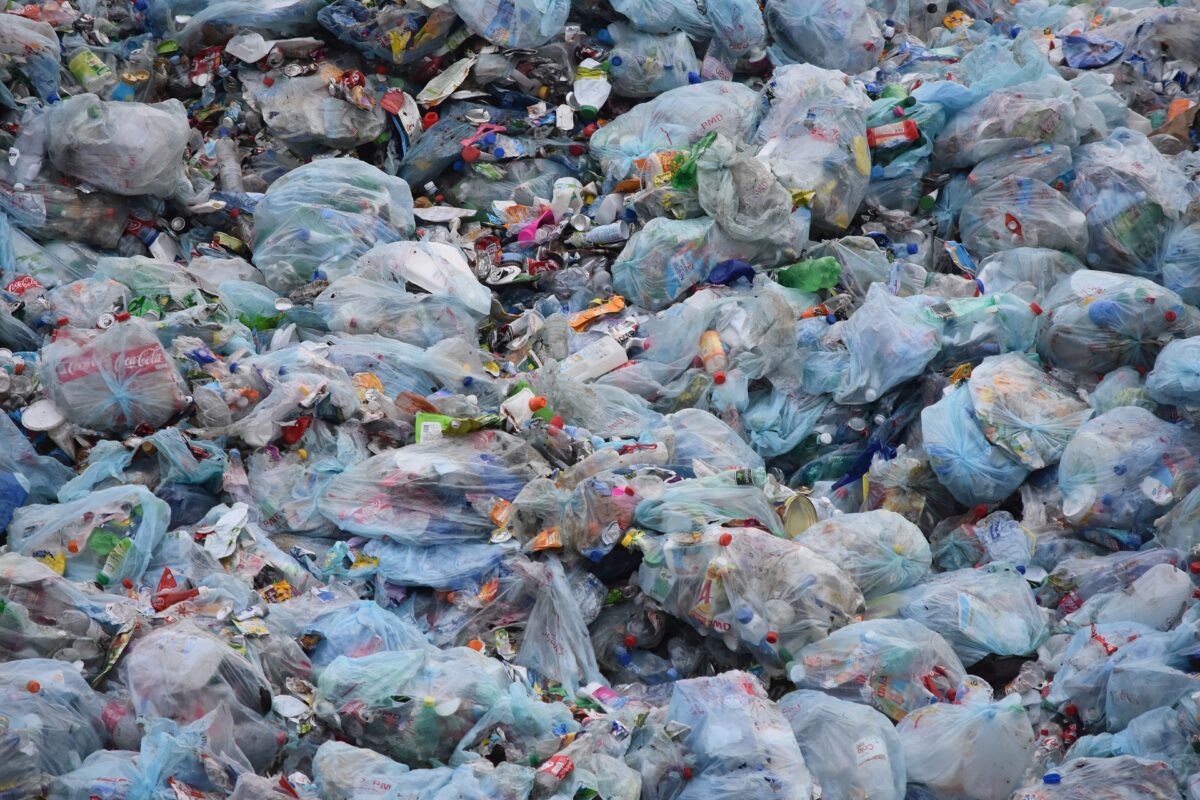Welcome to the sixth instalment of our blog series showcasing Open Data Manchester’s decade of data-driven change. In this series, we’re diving into eight case studies that demonstrate the real-world impact of our projects.
Today, we’re exploring our collaboration with Your Dsposal to develop an open data standard for household waste recycling centres (HWRCs).
Household Waste Recycling Centres: Unlocking the Power of Standardised Data
With national recycling rates stalling and public confusion about recycling options, there was a clear need for improved access to information about local recycling services. The challenge was to create a standardised way for local authorities to publish and share correct information about their recycling centres.
Our Collaborative Approach
Over an 8-month period, Open Data Manchester worked with Your Dsposal on this Open Data Institute Stimulus Fund project. Our methodology included:
- Desk research: We reviewed existing practices and data standards in the waste sector;
- Stakeholder workshops: We facilitated 9 workshops involving local authorities, waste operators, environmental consultants, academia, compliance schemes, and the third sector;
- Data flow analysis: We focused on the information flow between local authorities and the public;
- Standard development: We designed a proposed workflow, field set, data structure, and publishing format;
- Prototype creation: We developed a prototype data standard for HWRCs.
We aimed to strike a balance between ease of use for data publishers and usefulness for end-users.
Key Outcomes
Our project resulted in several significant outcomes:
- Development of Open3R, an open data standard for household waste recycling centres.
- Creation of a prototype dataset built on the Open3R standard.
- Establishment of a prescriptive set of data for local authorities to publish about their recycling centres.
- Development of a model for standardising public service information.
- Generation of interest from global technology institutions for wider implementation.
Impact
The Open3R standard has the potential to significantly improve public access to recycling information across the UK. As Sophie Walker, COO of Your Dsposal, noted:
“Better waste data can lead to improved resource efficiency which in turn can help reduce our impact on the environment and meet our carbon budgets. These are complex, systemic challenges and will not be solved with a single initiative or by any individual actor.”
The project has attracted interest from global technology institutions including OpenStreetMap, Wikidata, and Microsoft Bing Maps, demonstrating its potential for wide-reaching impact.
Looking Ahead
As the waste industry continues to recognise the value of data, standards like Open3R will be crucial in realising the potential of waste data. This project demonstrates how open data standards can provide a foundation for improved public services, environmental sustainability, and cross-sector collaboration.
Read more posts in this series, where we explore more impactful ODM projects. Together, these case studies showcase our commitment to using data and user research for positive change and building a more informed, ethical, and data-empowered future.
If you want to learn more about how ODM can support your organisation’s data strategy, get in touch.

